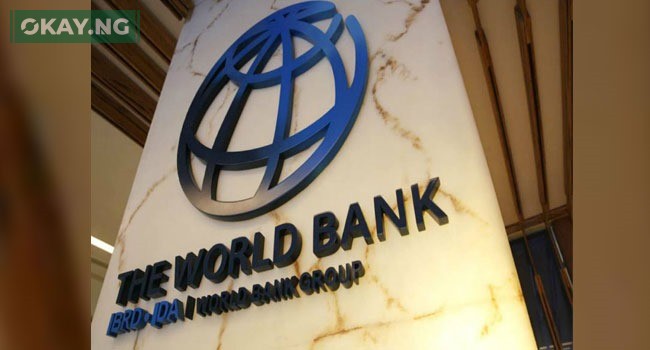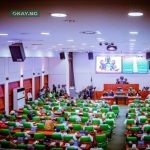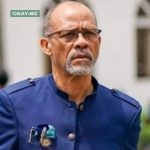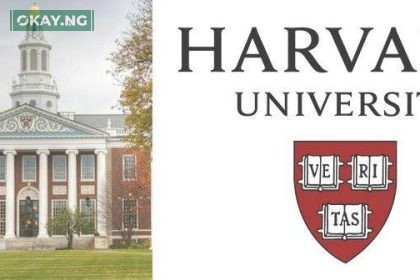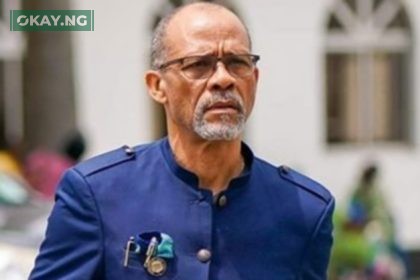Nigeria has secured significant financial commitments aimed at boosting its economy and social development. The World Bank has approved $1.08 billion in concessional financing for three key operations focused on enhancing education quality, building household and community resilience, and improving nutrition for underserved groups.
Specifically, the World Bank’s funding includes $500 million for the NG-CARES Program, which provides livelihood support and food security services to vulnerable communities; $80 million for ANRIN 2.0, aimed at improving nutrition for pregnant women, lactating mothers, and children under five; and $500 million for HOPE-EDU, which focuses on improving foundational learning and access to basic education. The World Bank emphasized the importance of investing in human capital to unlock Nigeria’s potential and accelerate inclusive economic growth.
In parallel, Nigeria and Japan have launched a strategic venture capital initiative to channel naira-denominated investments into high-growth startups, mitigating currency risks and unlocking long-term concessional financing. This initiative, finalized by the Minister of Finance and officials from NSIA and JICA, has received formal approval from the Japanese government and is expected to be implemented soon.
Furthermore, the Nigerian government and UNIDO have signed a $175 million Programme for Country Partnership (PCP) agreement to support industrial development, create jobs, and drive economic transformation. The four-year partnership aims to enhance Nigeria’s industrial capacity, promote technological innovation, and encourage environmentally sustainable practices, with significant funding coming from donor partners mobilized by UNIDO.
The Nigerian Senate has also highlighted the potential of the newly enacted Investment and Securities Act (ISA) 2025 to propel President Tinubu’s $1 trillion economy goal. Senator Osita Izunaso, the bill’s sponsor, emphasized that the ISA 2025 recognizes digital assets and cryptocurrency as securities, enabling their regulation by the Securities and Exchange Commission (SEC) and opening new avenues for economic growth. The Act also strengthens regulations against Ponzi schemes and insider trading, aiming to boost investor confidence and align with international standards. Additionally, the new law allows sub-national governments to access long-term capital market funding for development projects.


